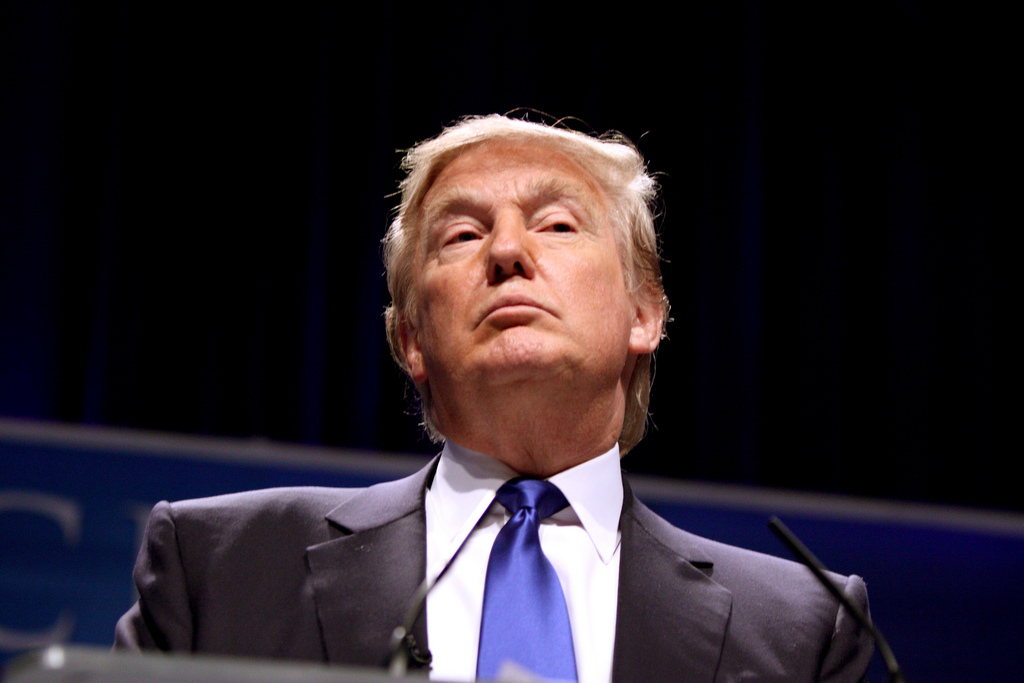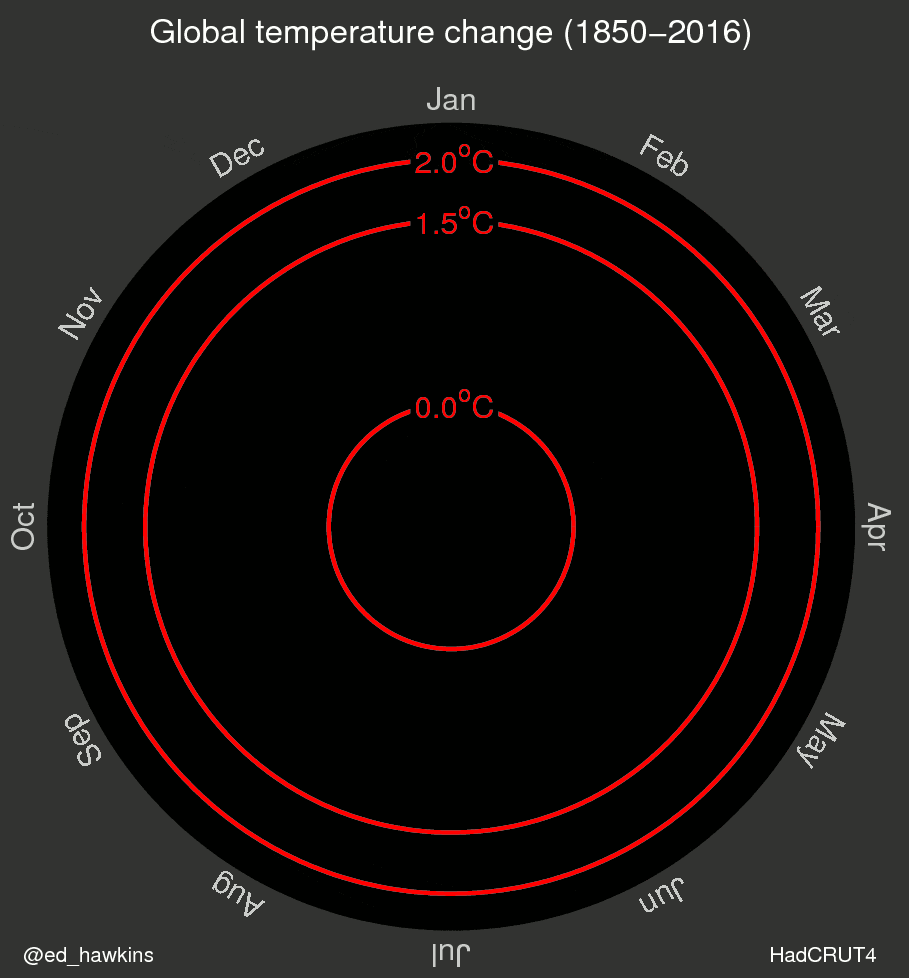Editorial: 2017 can’t be all about Trump, it’s time to change the conversation

It’s overwhelming, the size of the stories dominating the news.
The UK is leaving the EU. The US has elected the Manchurian candidate. Intolerant and divisive movements are on the rise around the world. The greatest humanitarian crisis in a century continues unabated. Millions of refugees are banging on the doors of Europe, only to be met with fear and fury. Trust in democratic institutions has collapsed, leaving a vacuum filled by misinformation.
And then there’s the environment, which crops up from time to time as a secondary story, a tangent, a case study.
Beyond the front page
Here’s the problem.
Even as the world is enveloped by a chaos the likes of which we haven’t seen in decades, the ‘other news’ section of the paper still matters.
Sometimes these stories are the unexplored consequences of 2016’s seismic shifts.
Brexit, for instance, will likely mark the end of billions of pounds in funding for environmental protection, for renewable energy and scientific research – with the future for all three dependent on political decisions made far from the front page.
Meanwhile in the US, Trump represents a tilt towards the fossil fuel industry and away from action on climate in almost every conceivable respect – but we can’t just put him at the heart of every story, nor should we.
The world is big
The crisis of ‘the west’, for want of a better term, is a major event, and it deserves the prominent coverage it receives.
But it’s hardly the only thing going on.
On the environment front alone, there’s the imminent return of BP to the Gulf of Mexico (despite ongoing safety fears) and the renewed push to open up the Arctic, one of world’s last remaining wildernesses, to oil drilling.
There’s oil ventures off the Brazilian coast and in the Australian Bight and even in Africa’s supposedly protected National Parks. The industry is global, and so are its consequences. If these reserves are exploited then climate change will surely spiral out of control.

The Trump story on China is all about Taiwan and trade, but the world’s largest economy is also seeing a return to old-style industrial growth which has brought back the deadly smog.
Meanwhile India is ploughing on with the economically illogical construction of nearly 600 coal plants. Whether or not these are built – and switched on – will affect the lives of hundreds of millions of people through air pollution and climate change.
As will the effectiveness of Indonesia’s faltering attempts to protect one of the world’s largest carbon stores: its tropical peatland.
Indeed for all the talk of fossil fuels, it is the protection of forests which could ultimately decide if the world has much of a chance of limiting climate change to 2 degrees.
Two of the world’s biggest forests – the Congo Basin in Africa and the northern hemisphere’s boreal – are both at greater risk now than they have ever been, as frontline industries like palm oil and rubber close in, along with devastating forest fires.
These aren’t Trump stories. But they matter.
2017
The events of this year have been so powerful it can be tempting to stare at your Twitter feed, blinking, paralysed by the scale of the news, unable to look away.
After all, what’s the point of talking about anything else? The sheer force of the news has created in its readers a kind of learned helplessness which is in danger of causing even greater harm.
Because beyond the bubble there are stories which are far more concrete, tangible and changeable, where investigations and accountability can alter the course of events.
How many inches of copy this month have been spent on the fantasy that the electoral college could block Trump’s entry to the White House? And how few were given to stories that could actually be changed, if only we paid attention.
Trump, Brexit et al have monopolised our collective consciousness for long enough.
They cannot be an excuse for us to stand by and ignore everything else.

